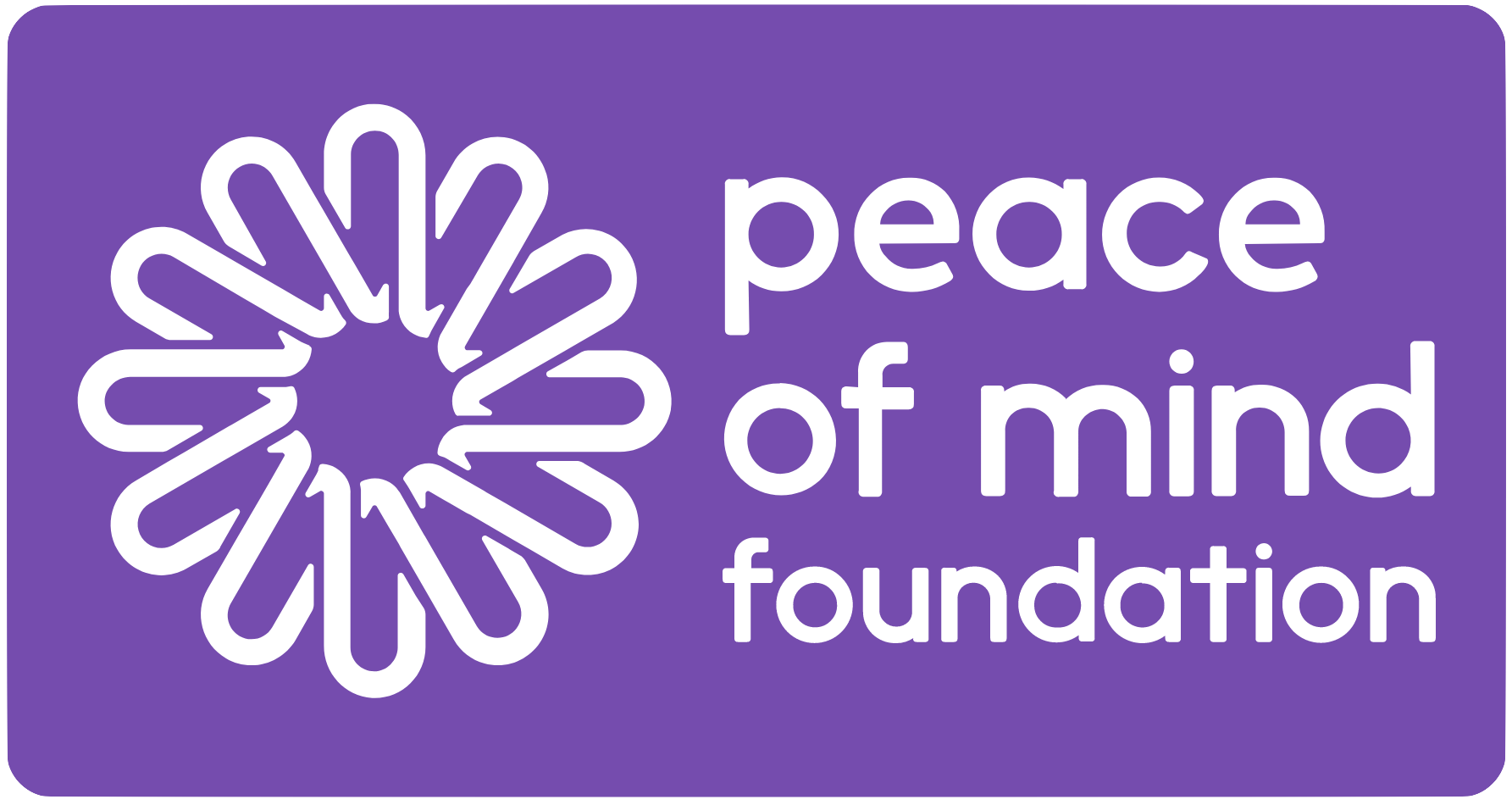Dan & Lara's Story
My partner was diagnosed a year ago with Glioblastoma. When the neurosurgeon first showed us his MRI all I could say was, “Oh my God!” It was a massive white mass on the scan. Shocked, I asked how long he had: “Five Years?”, I offered. “Considerably less”, was the response. I burst into tears. That day I contacted my work and let them know I needed to go on immediate, indefinite leave.
Two months of surgery, radiotherapy and inconsolable crying followed. We were both in despair. I had essentially lost my job and needed financial support as I had no income. I had spent a lot of the previous 5 years self-funding advocacy for sexually abused children, so I had little cash flow. My work was extraordinary and helped me for several months. And we were given a short term lifeline by the Canberra-based charity, Rise Above, who provided $2,000 in vouchers and paid pharmacy and utility bills. I felt temporarily very relieved, but I still had to sell my car and borrow money from my Dad to make ends meet.
I reached out to the hospital’s social workers. But one of them warned me my partner’s stage 4 brain tumours didn’t necessarily justify Centrelink / NDIS support. She said we could do a lot of paperwork and waste a lot of time without a result. I felt differently. I felt sure we would be eligible for support given our situation. Months later though, we hadn’t gotten very far. With no ongoing financial support, we sold our family home so I could access my own funds.
During this time a friend of mine had tried to apply for the NDIS three times without success; I couldn’t afford for that to happen. Somewhere buried deep in the paperwork, the hospital had provided a brochure on, the National Advocacy Service. I thought it would be helpful to reach out. In our first consultation, Fiona and I talked for over an hour. Her husband also had Glioblastoma and I felt she got it - she understood my position as his Carer, the complex landscape and our predicament immediately. She had templates that could help our NDIS application. I could not understand why the hospital didn’t.
Suddenly I switched from being alone trying to work out the jumbled mess to being supported. We planned to talk again. She asked me to fill in required forms and, when I got stuck, she guided me through them. She was direct. She pushed me. We submitted the application. It worked, we successfully obtained an NDIS plan.
But it wasn’t over. Next we had to attend a planning meeting. So she held a pre-planning meeting with me and coached me through it. We were successful again, as we gained a flexible plan that could be used for rapidly changing needs. I was so grateful.
But it still wasn’t over. Next, I had to find a Support Coordinator, a Plan Manager and Support Workers. She provided some suggestions and recommendations. Some worked and some didn’t. When we hit a hurdle with our Support Coordinator she assisted again. Knowing she would be there gave me comfort, and I was gradually able to reduce my reliance by not drawing on her expertise too quickly, gaining confidence in my ability to navigate through.
The benefits with engaging with the National Advocacy Service was that we were able to advocate for ourselves to obtain Home Maintenance, Independent Living Aids, Occupational Therapy, Psychology, Support Workers, and more through the NDIS.
We have since been involved in government consultation processes to give them feedback on what worked, what didn’t and how to make things better for people in my partner’s position. And we’ve been able to contribute to the National Advocacy Service by sharing some local research with them for others. When I’m sitting in the hospital waiting for a test or appointment, I keep a keen eye out for brain tumour sufferers and their carers. I always share what helped us.
Thank you Fiona and team. We share a virtual dark beer with you to thank you as we were so grateful for your incredible service during extremely traumatic times.”
